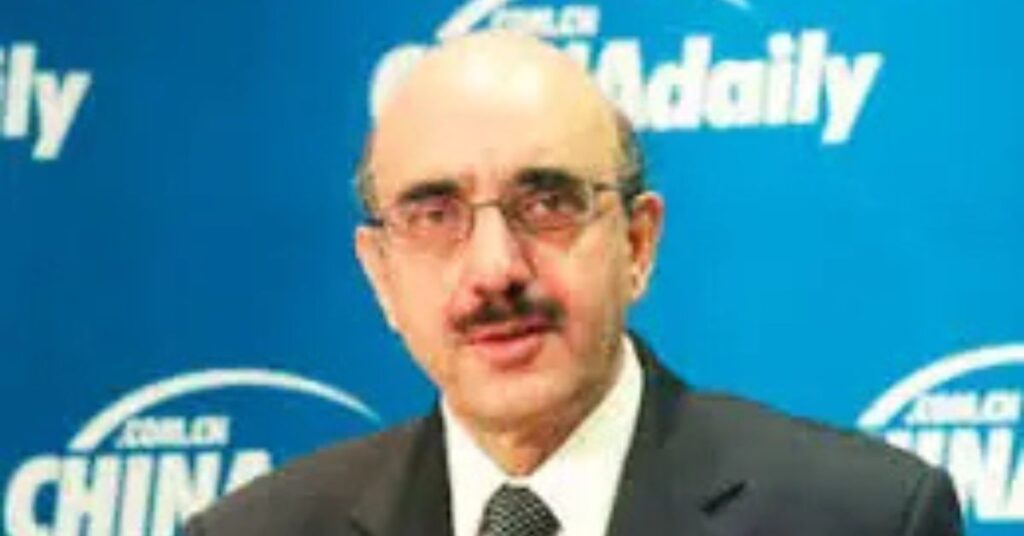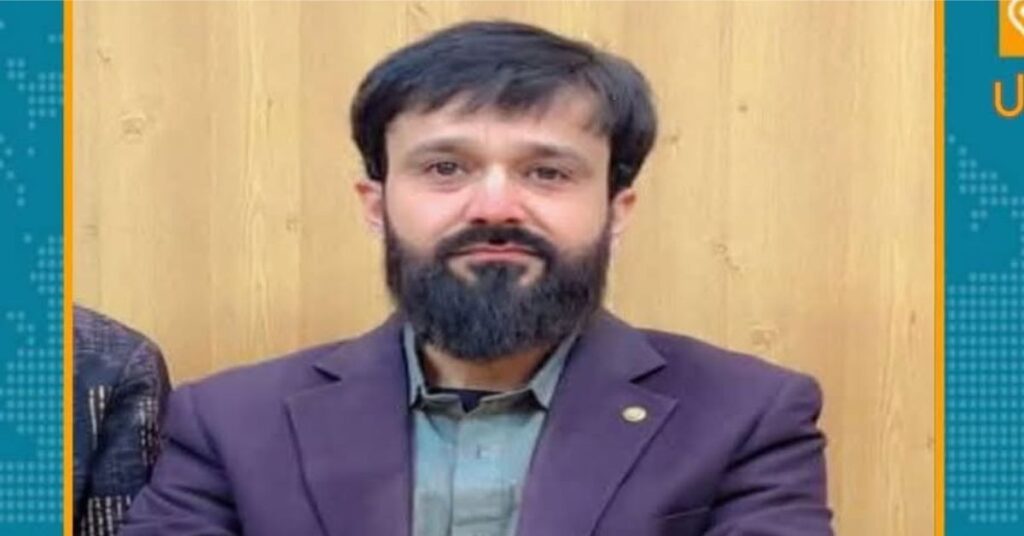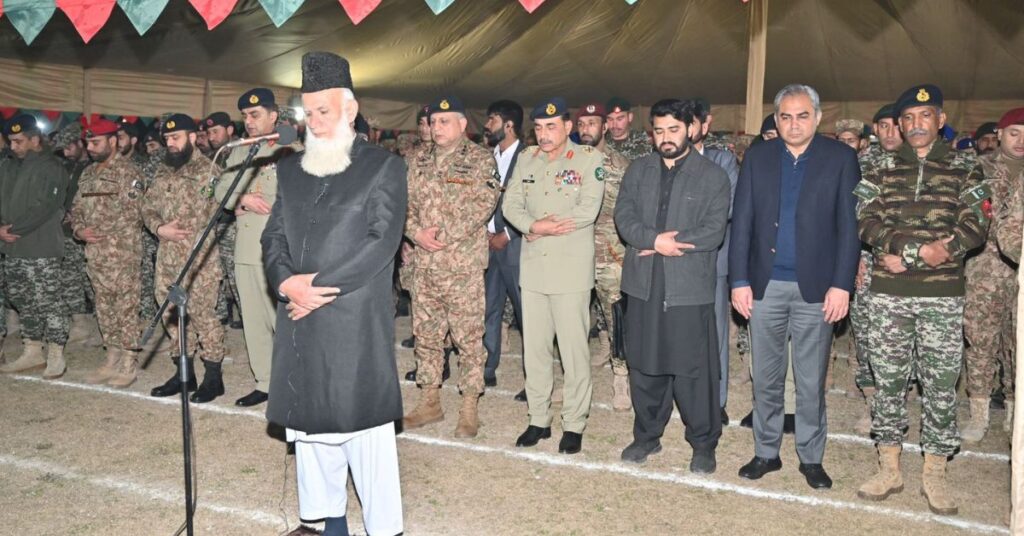KABUL: Pakistan, Afghanistan, and Uzbekistan have signed a trilateral railway framework agreement, Deputy Prime Minister and Foreign Minister Ishaq Dar said on Thursday, in a bid to boost regional connectivity and economic integration.
In a post on X, the foreign minister said that the framework agreement was signed on the Joint Feasibility Study for the Naibabad–Kharlachi rail link under the Uzbek–Afghan–Pak (UAP) Railway Corridor.
The UAP Railway Corridor aims to build a rail link to connect Uzbekistan with Pakistan via Afghanistan and facilitate access to Pakistani seaports for Central Asian States. By facilitating regional trade and transit, the project is expected to promote regional stability, growth, and development.
DPM Dar congratulated “the people and the governments of the three nations on the signing of the Framework Agreement on the Joint Feasibility Study for the Naibabad–Kharlachi rail link under the UAP Railway Corridor.”
“I also thank the Foreign Ministers of Uzbekistan @FM_Saidov & Afghanistan for their support & commitment to the timely signing of the agreement. We remained closely engaged throughout the negotiation process to finalise the details,” he said.
He hailed the UAP Railway Corridor as a major milestone in advancing regional connectivity and economic integration that would connect Central Asian countries to Pakistani seaports through Afghanistan.
“The signing of today’s agreement is a result of the leadership & commitment of the last PDM Government (2022–23), under Prime Minister Shehbaz, when I was tasked as Finance Minister of the PDM government to lead this effort with brotherly countries, and we collectively laid the foundation for this transformational project,” Dar wrote on X.
DPM Dar witnessed the signing of the agreement, which was signed by Minister for Railways Hanif Abbasi.
Earlier today, Dar arrived in Kabul, accompanied by Railways Minister Hanif Abbasi, the special representative for Afghanistan, and the secretary of the Ministry of Railways, the Foreign Office said in a statement.




